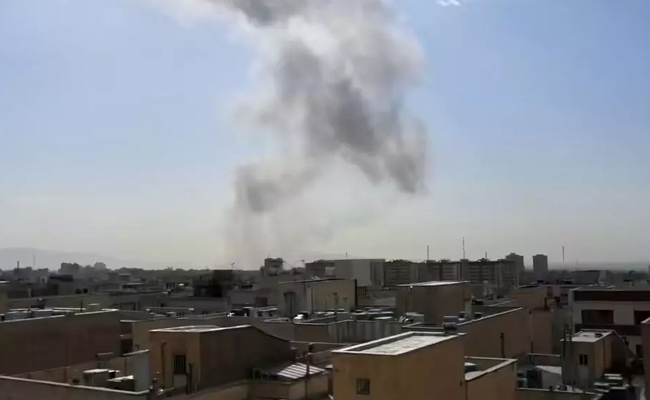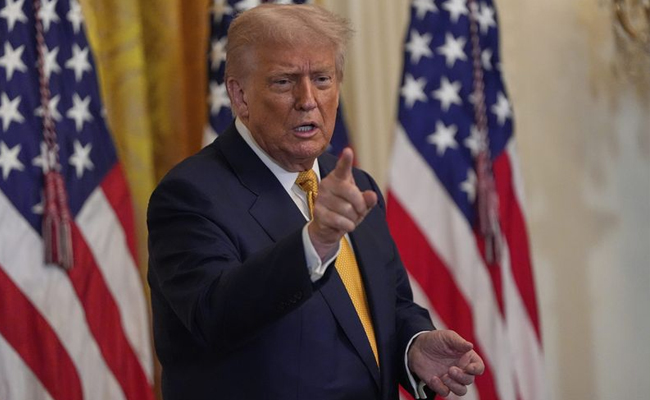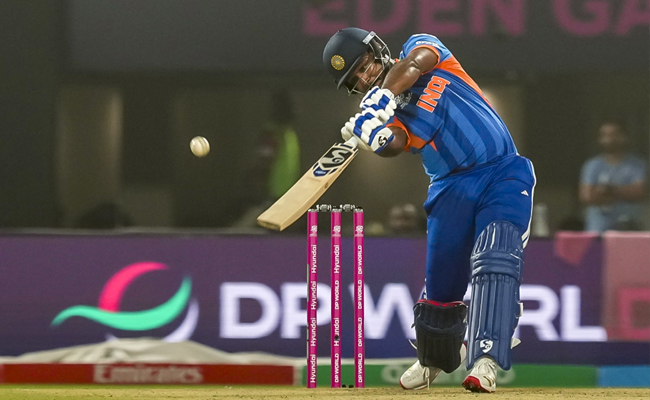New Delhi, Oct 12: Delhi Capitals speedster Avesh Khan has been asked by the BCCI to stay back in the UAE after the IPL to join India's T20 World Cup squad as a net bowler.
The 24-year-old is the second fast bowler, after Kashmiri pace sensation Umran Malik, who has been asked to join the team and if BCCI sources are to be believed, the lanky fast bowler could well make it to the standby list by the time World Cup starts on Sunday. India will open their campaign on October 24 against Pakistan.
"The national selectors have decided to also include Avesh in the mix. As of now, he will be a net bowler but if the team management feels, he can be upgraded," a BCCI source close to the selection committee told PTI on Tuesday.
Avesh bowls at an express pace and in this edition of the IPL, he has picked 23 wickets for the Capitals with DC still alive in the competition.
He is second in the list of wicket-takers with Harshal Patel leading the pack with 32 scalps.
"Avesh bowls at an average speed of 142 to 145 clicks, earns disconcerting bounce from the flattest of decks and has been on support staff's radar for some time," the source said.
Avesh was in England with the Test squad as a standby but a freak finger fracture during India's match against Combined Counties cut short his tour.
Many believe that Avesh had a good chance of playing had he got into the squad and all five Tests were held in England.
All-rounder Hardik Pandya will be staying with the Indian team but is expected to play purely as a batter in the T20 World Cup as his back is still not in a condition to take the stress of fast medium bowling.
It is learnt that KKR's rising opener-cum-seam bowler Venkatesh Iyer will be asked to stay in the bubble as cover.
Let the Truth be known. If you read VB and like VB, please be a VB Supporter and Help us deliver the Truth to one and all.
Tehran: Iranian state television has said it was targeted by military strikes after a series of powerful explosions were reported in the capital Tehran.
The broadcaster said it was hit but remained on the air, adding that “the technical team is assessing the damage”. This is not the first time the network has been affected during conflict; its facilities were struck in previous clashes between Iran and Israel.
The report came as heavy strikes continued to rock parts of Tehran and other Iranian cities after joint military action by the United States and Israel.





